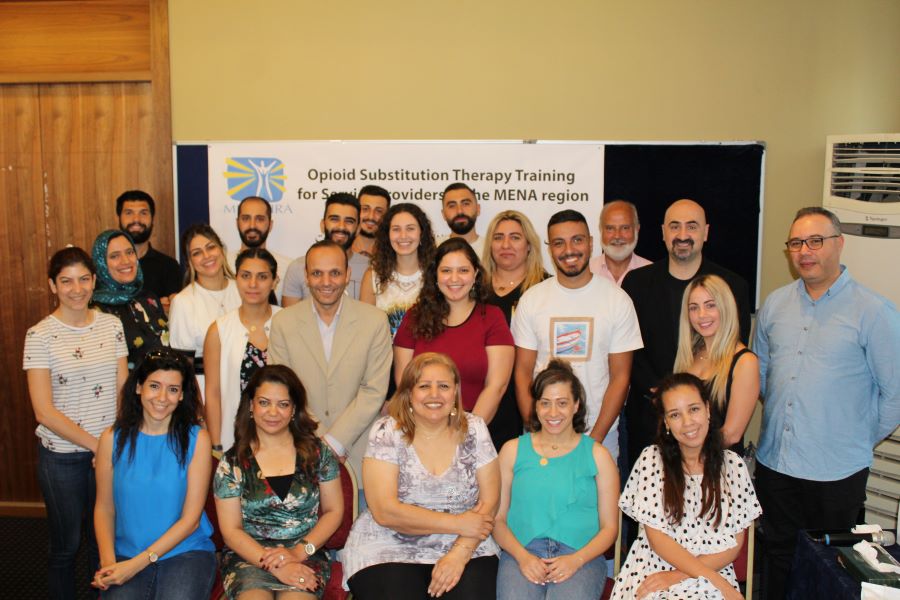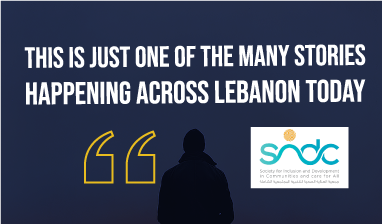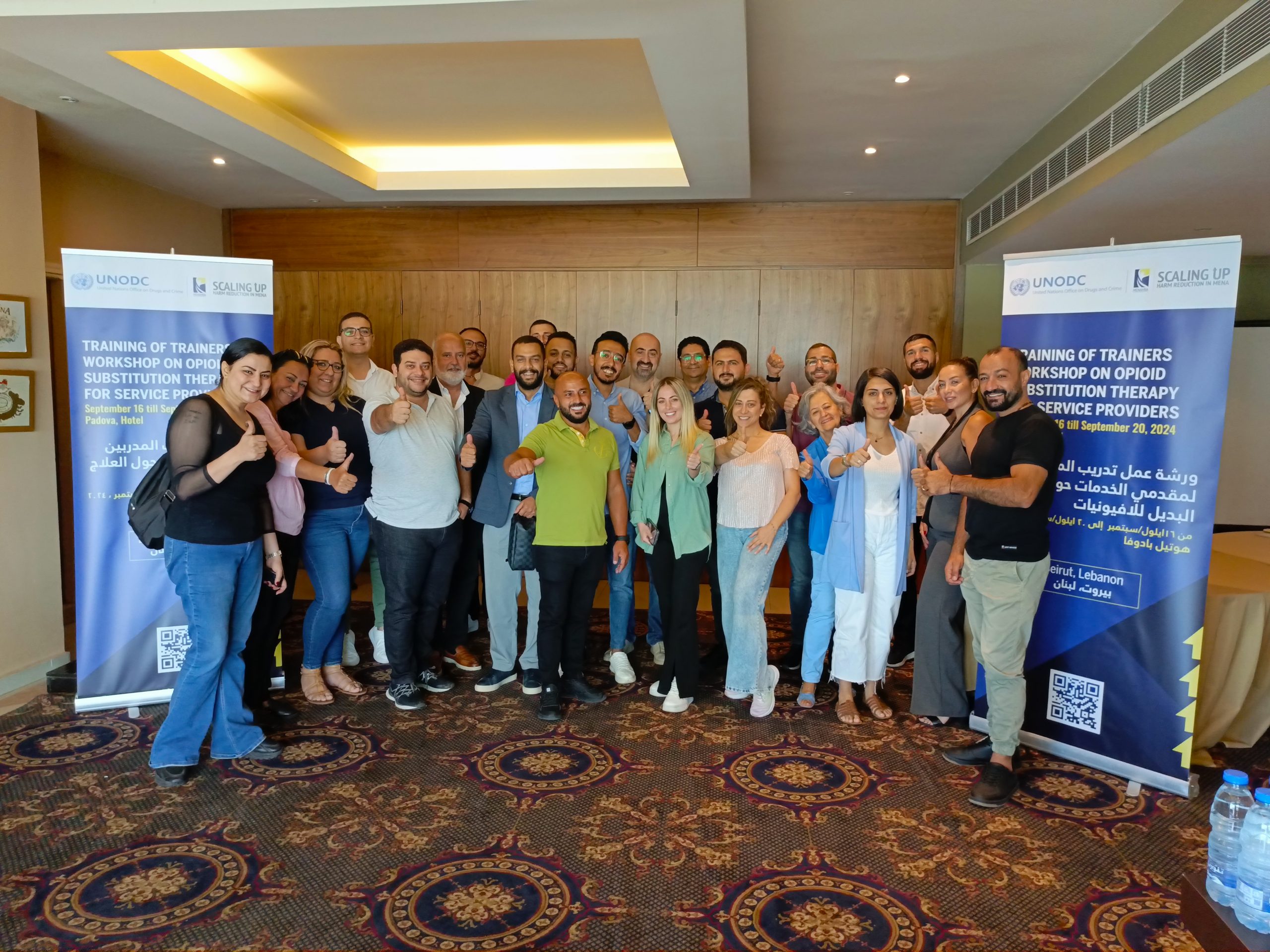Opioid Substitution Therapy (OST) Training for Service Providers in the MENA region
The Middle East and North Africa Harm Reduction Association “MENAHRA” concluded the Opioid Substitution Therapy (OST) Training for Service Providers in the MENA region at Padova Hotel, Beirut, Lebanon, from 13 to 15 July 2022.
19 OST service providers from 3 countries (Egypt, Lebanon, and Morocco) took part in the training. Dr. Joseph El-Khoury facilitated the training.
The training aimed to build the capacity of service providers in the MENA region on harm reduction strategies in general and Opioid Substitution Therapy in specific, share success stories and best practices on the most recent harm reduction strategies findings.
At the end of the training, participation certificates were distributed to the trainees.







